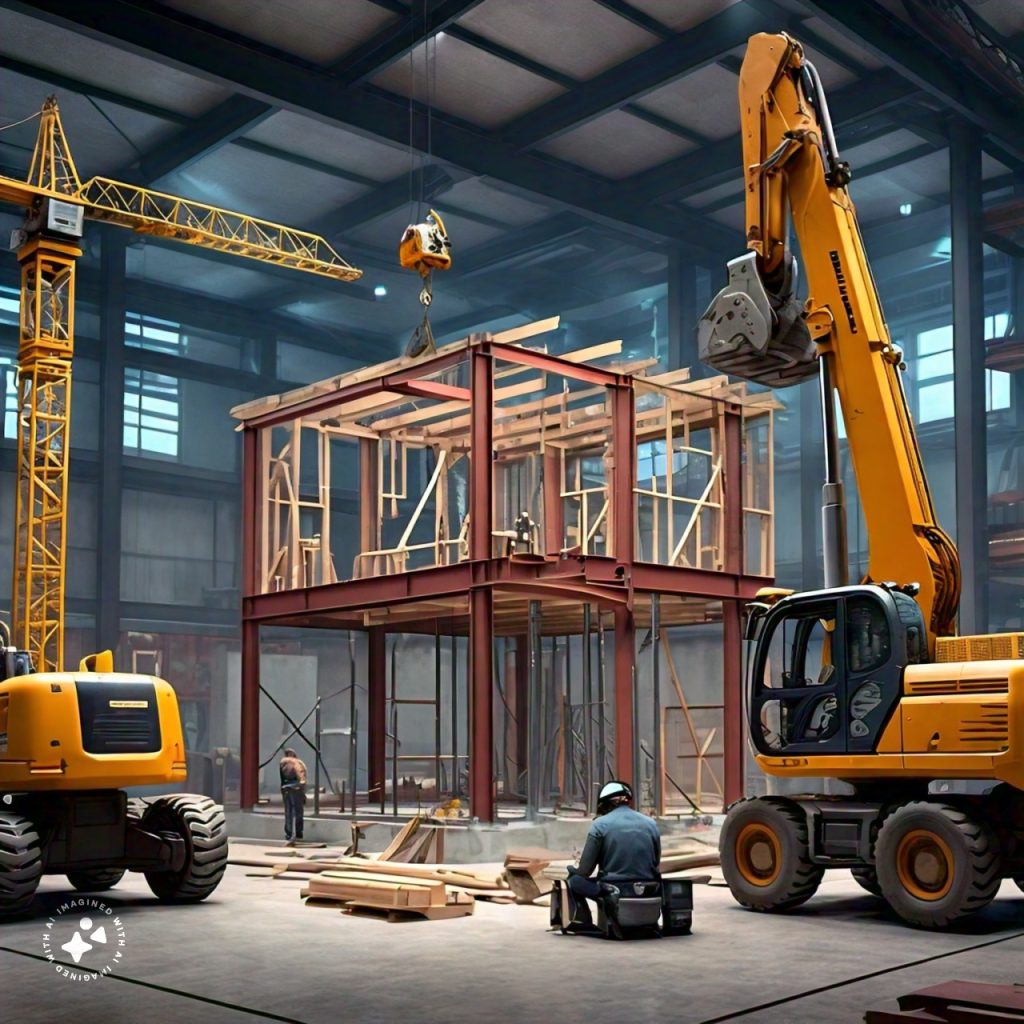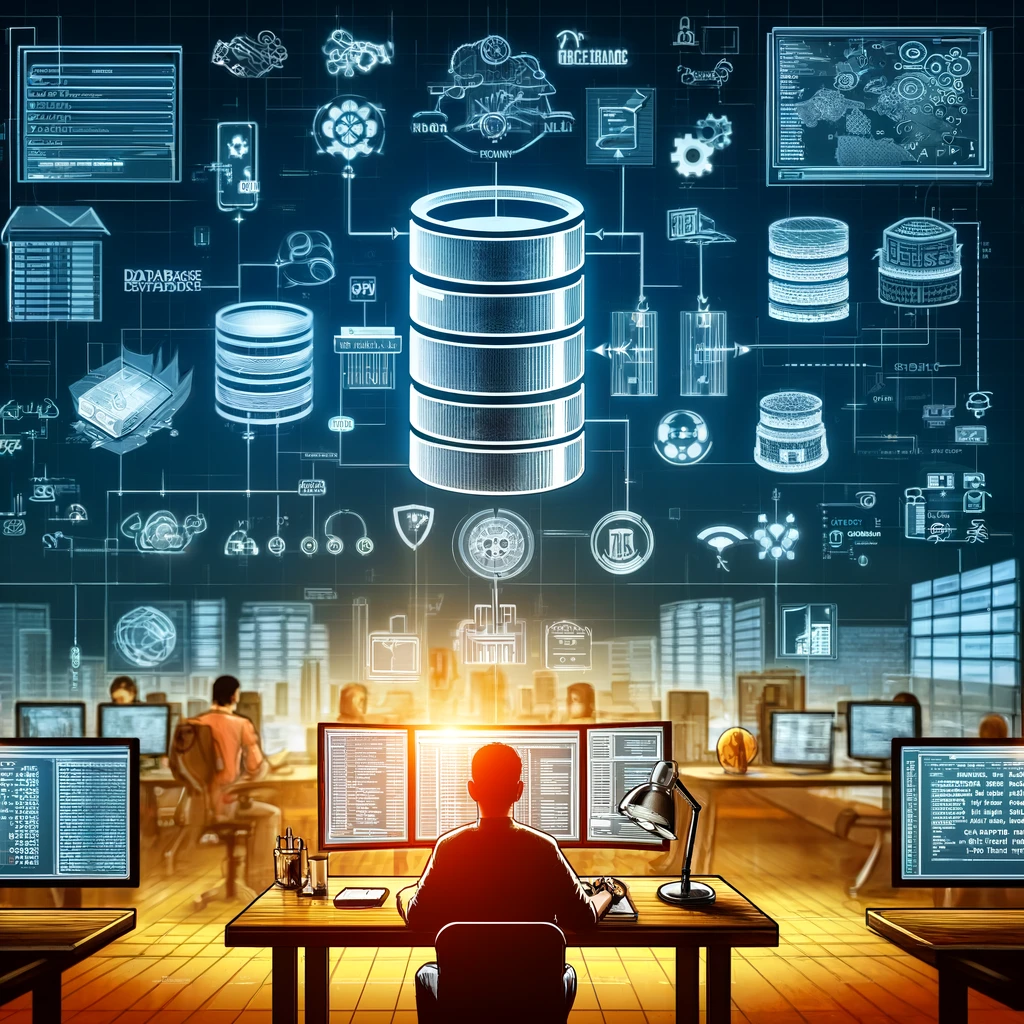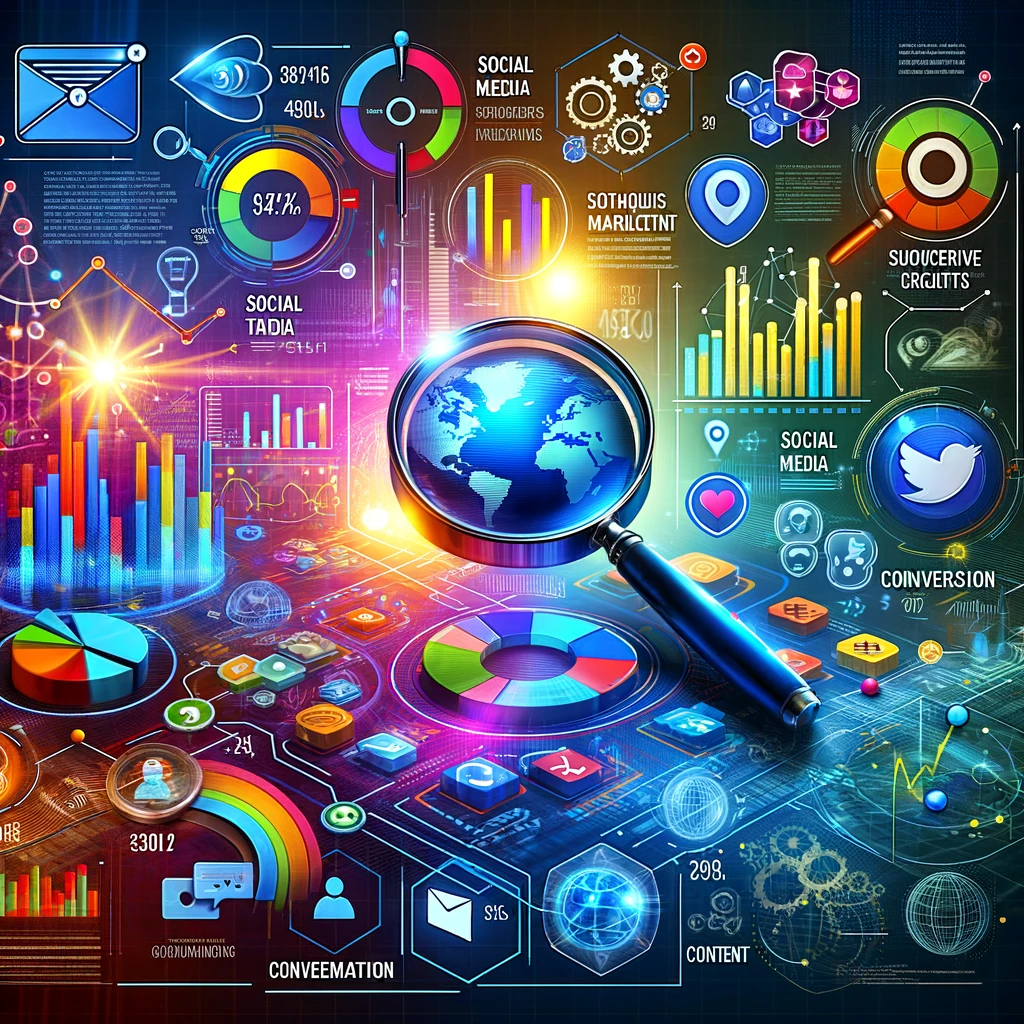The Use of AI and Automation in Construction
Table of Contents

Mechanization and artificial thinking, or simulated intelligence, are at the forefront of a major shift that is occurring in the development industry. Artificial intelligence and mechanization are transforming every stage of the development cycle, from planning and desire to execution and support. In this post, we will look at the future of the construction sector as well as the advantages of artificial intelligence and automation.
Organize and Make Plans
Modelers and architects are now able to create more precise and skillful plans thanks to artificial intelligence, which is altering the plan and scheduling the development time. After analyzing building information models (BIMs), AI-powered algorithms may produce the optimal designs based on cost, safety, and sustainability. Further streamlining the hiring process is computerization, which enables employees to quickly and accurately estimate project costs and schedules.
Contractors can now execute jobs more precisely and swiftly thanks to automation, which is revolutionizing the way sites are prepared and run. Earthmovers and cranes powered by computer-based intelligence can improve the digging and lifting operations, reducing waste and promoting well-being. Robots operating independently are also used to monitor site progress, identify potential problems, and provide ongoing updates.
Quality Assurance and Assistance
By enabling project workers to identify potential problems before they worsen, artificial intelligence is assisting with quality control and maintenance. Controlled by sensors using artificial intelligence, buildings can be screened to detect anomalies and notify maintenance teams of potential problems. Additionally, automation is simplifying maintenance procedures and enabling employed personnel to identify and fix problems quickly and accurately.
The benefits of mechanization and artificial intelligence for development
Increased Productivity: Processes are being streamlined, waste is being reduced, and efficiency is being further developed thanks to automation and artificial intelligence.
Improved Accuracy: Robotization and artificial intelligence-driven computations are reducing errors and advancing accuracy.
Enhanced Security: By advancing welfare and lowering the risk of accidents and injuries, computer-based intelligence and automation are improving security.
Cost Reserve funds: Artificial intelligence and computerization are bringing down costs, enabling contractors to efficiently complete projects more quickly, and that’s only the start.
Problems and Prospects for Information Coordination: The company needs to deal with information reconciliation issues, ensuring that automation and artificial intelligence systems can perfectly synchronize with current cycles. Cost Reserve funds: Artificial intelligence and computerization are bringing down costs, enabling contractors to efficiently complete projects more quickly, and that’s only the start.
Problems and Prospects for Information Coordination: The company needs to deal with information reconciliation issues, ensuring that automation and artificial intelligence systems can perfectly synchronize with current cycles.
Workforce The company should invest in labor force preparation to ensure that experts have the necessary skills to operate with mechanization and simulated intelligence.
Regulation: Governments must create precise regulations governing the use of automation and artificial intelligence (AI) in the construction industry to guarantee that innovation is balanced with safety and quality.
Moral Thoughts: The industry has to address moral concerns if AI and automation are to be employed in a responsible and moral manner.
In Summary
End-user productivity and mechanization are transforming the development industry by enabling contractors to complete projects more quickly, more effectively, and with notable accuracy. With further company growth, we could expect to see even more inventive applications of automation and artificial intelligence, ranging from self-contained development tools to simulated intelligence-driven board framework construction. Leading the way into the construction industry’s exciting future are automation and artificial intelligence.





